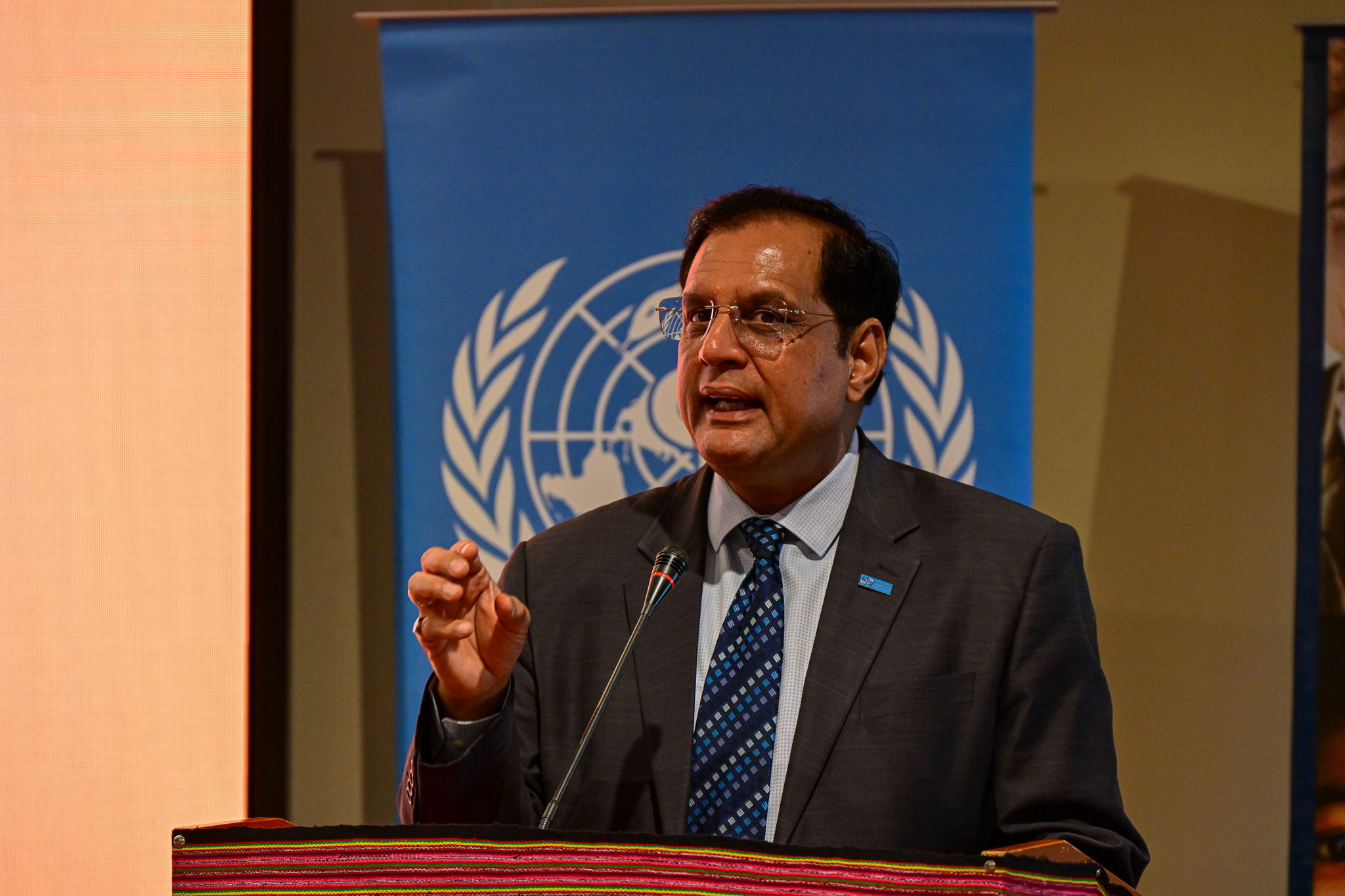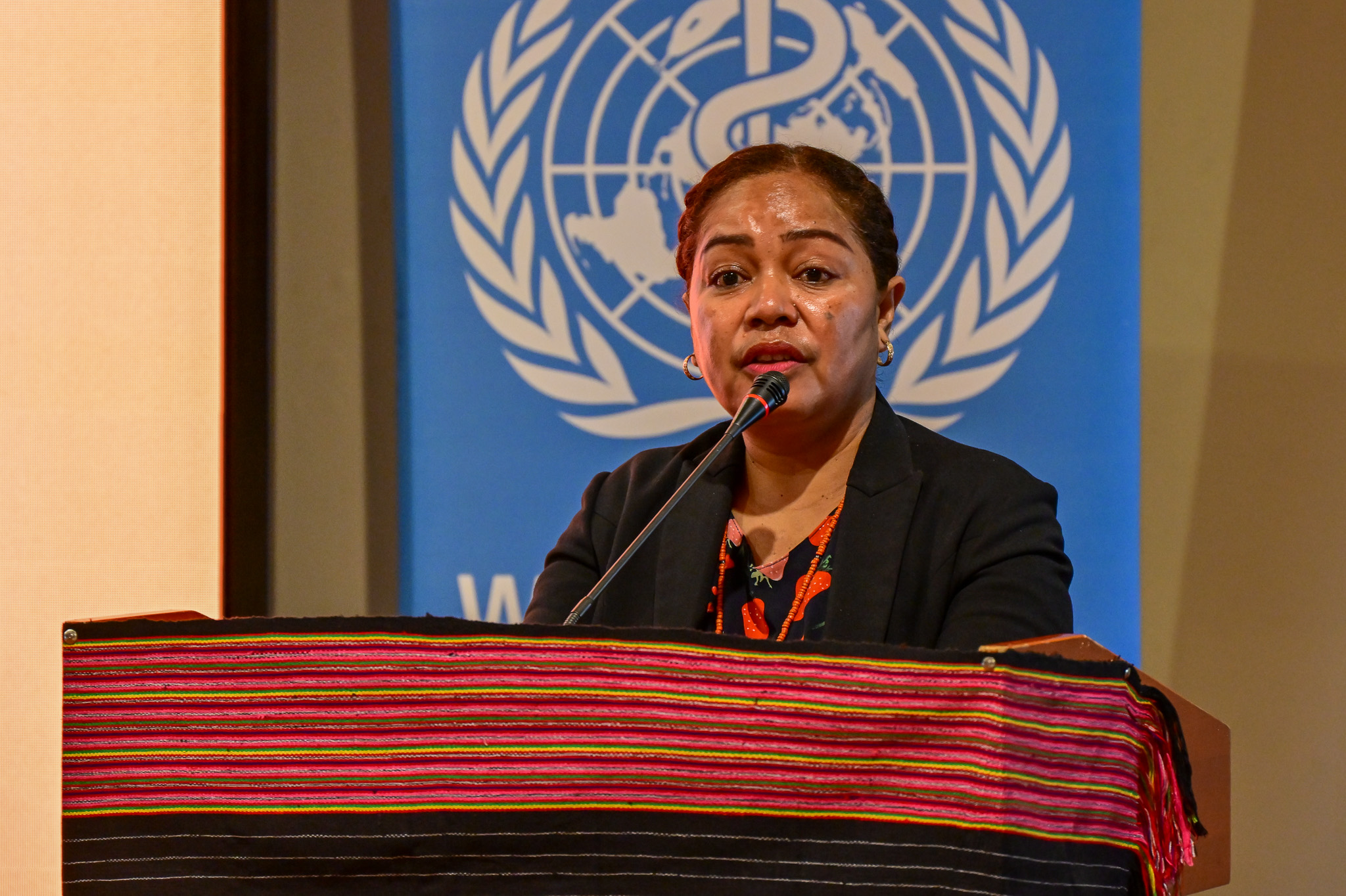Dili, June 2: Stigma is one of the biggest barriers to timely testing, treatment, and care for people with TB and HIV. It fuels silence, delays diagnosis, and keeps people from seeking help—often starting with a lack of confidentiality within the health system itself.

Recognising this, the Ministry of Health, in collaboration with the WHO, is hosting a two-day national workshop focused on reducing stigma and discrimination in TB and HIV care. The workshop—Strengthening the TB and HIV Response in Timor-Leste through Stigma & Discrimination Reduction—is led by the Global Coalition of TB Advocates (GCTA) and brings together programme managers, healthcare workers, and key stakeholders from across the country.
Participants will be trained to identify stigma, understand its impact on health-seeking behaviour, and learn about strategies to address it—within health facilities, communities, and the broader health system. For instance, what role could a minister or a senior leader play in dismantling stigma, or how can healthcare workers actively challenge it in their practice.
Dr Arvind Mathur, WHO Representative, described stigma as the invisible barrier that continues to undermine progress in diagnosis, treatment, and surveillance. “For many, the disease itself isn’t the hardest part—it’s the shame, the rejection, the crushing weight of being treated as less than human,” he said at the opening on Monday.

Calling stigma a form of trauma, Dr Mathur said it could often lead to mental health challenges and leave deep, long-lasting psychological scars in those living with or recovering from these diseases.
Elisabeth Leto Mau, Director General of Primary Health Care at the Ministry of Health, urged healthcare workers to reflect on a critical question: Why does a patient stop seeking care? She stated that in Timor-Leste, there is a tendency to judge individuals living with TB and HIV. “Discrimination is deeply rooted—not just in the community, but within the health system itself,” she said.

Dr Elisabeth called for stricter confidentiality, pointing out that even health personnel sometimes engage in gossip when patients come for treatment. “Lab staff or others may disclose a patient’s condition, even though such information should remain strictly between the patient and their partner. When this happens, patients feel ashamed and begin to withdraw, creating a cycle where the disease continues to spread,” she explained. Urging full commitment to the workshop, she said, “If we truly want to end TB and HIV, we must break this culture.”
Blessi Kumar, CEO of GCTA, who is leading the workshop with Rosalynn Lalawmpuii, said that addressing stigma requires understanding it and implementing mechanisms at all levels. “While we all know stigma exists, new tools now help us measure it—quantifying stigma allows for targeted interventions,” she said. Ending stigma needs concrete, time-bound plans, dedicated resources, and commitment from the highest political levels to frontline workers, she underlined, calling the workshop a necessary first step.

Over the next two days, the workshop will feature group activities and case discussions aimed at finding solutions and addressing stigma through interventions.
